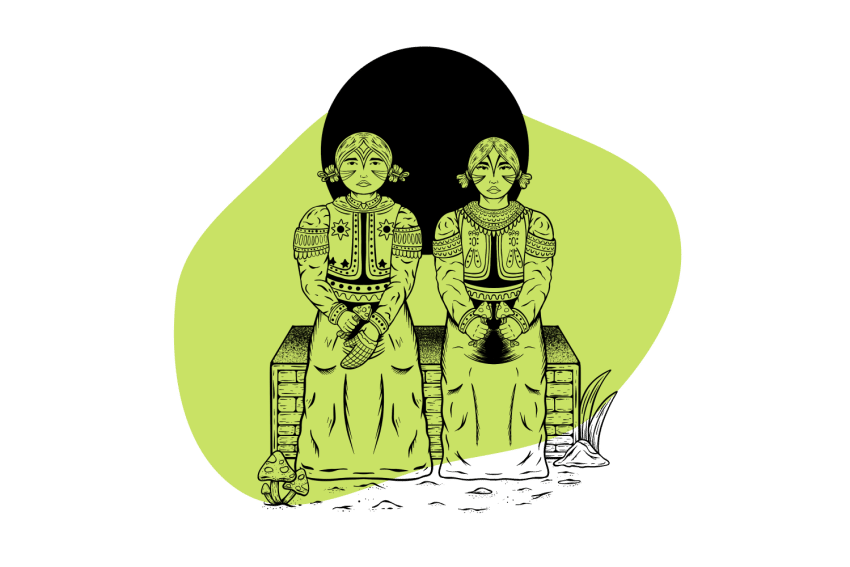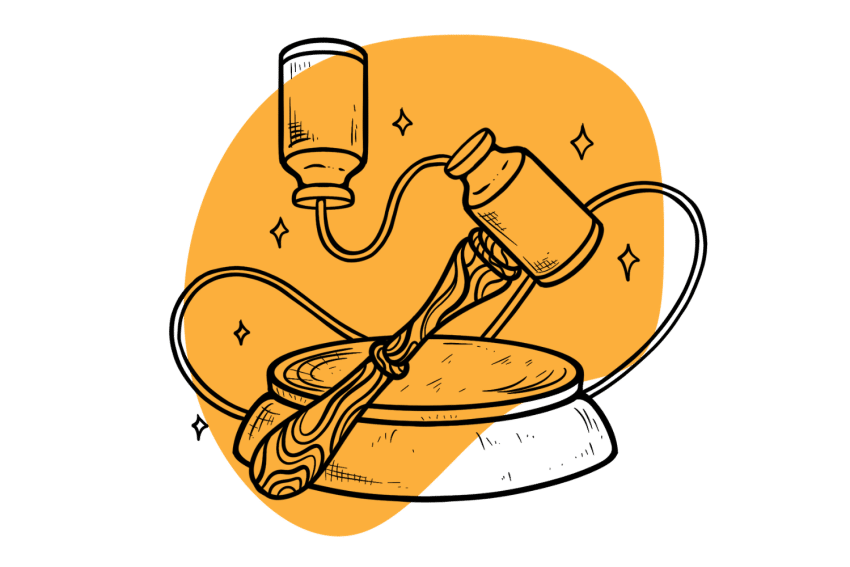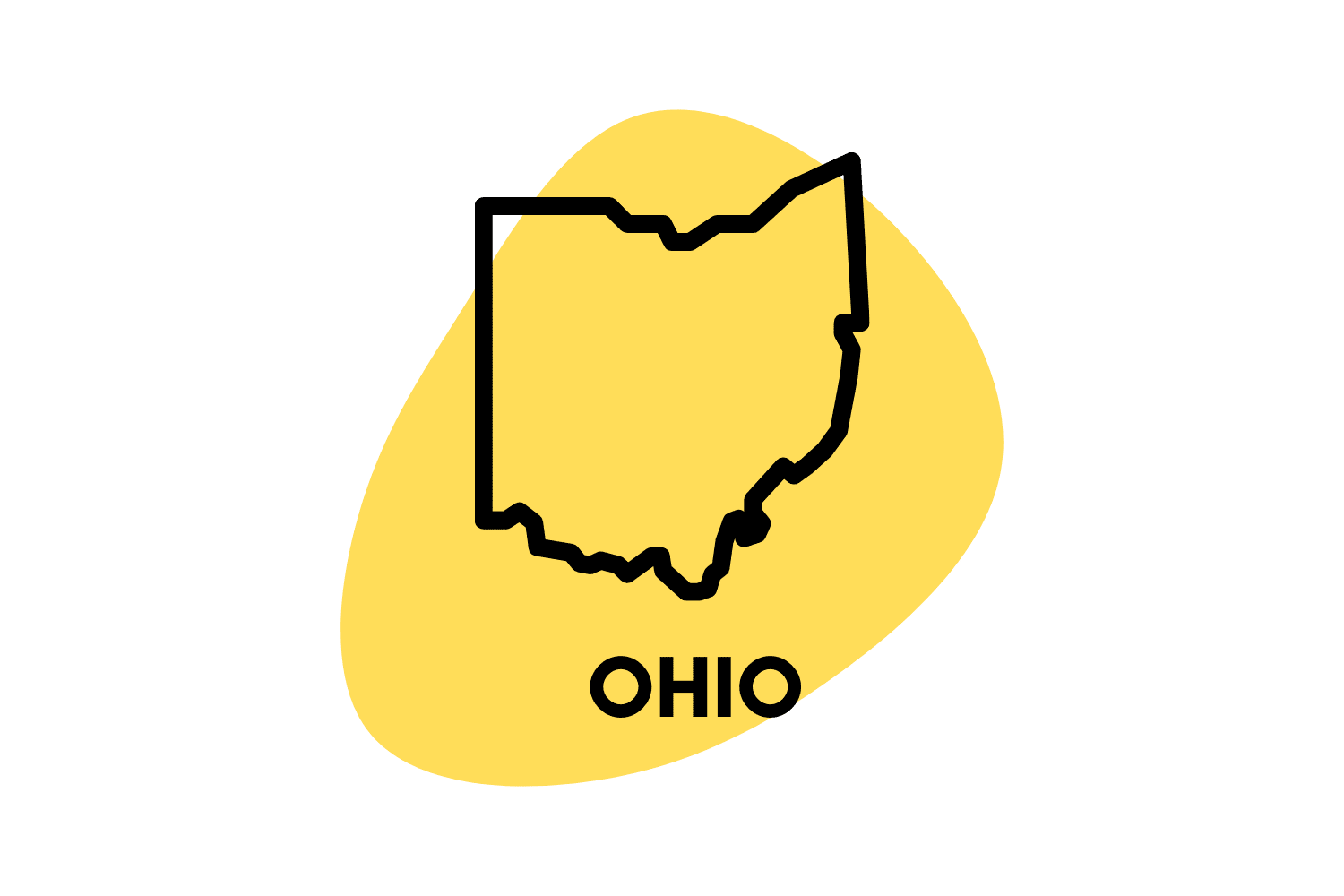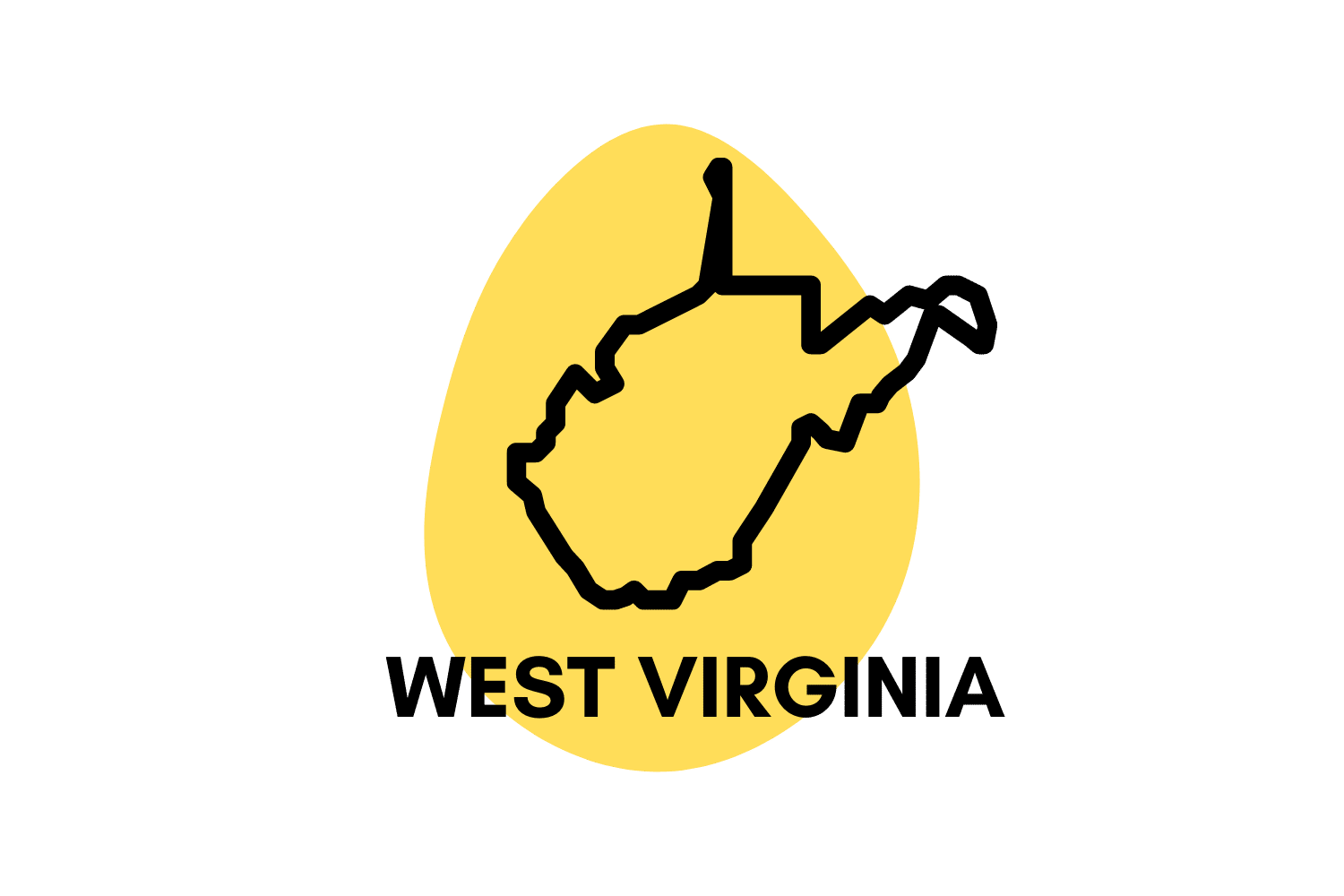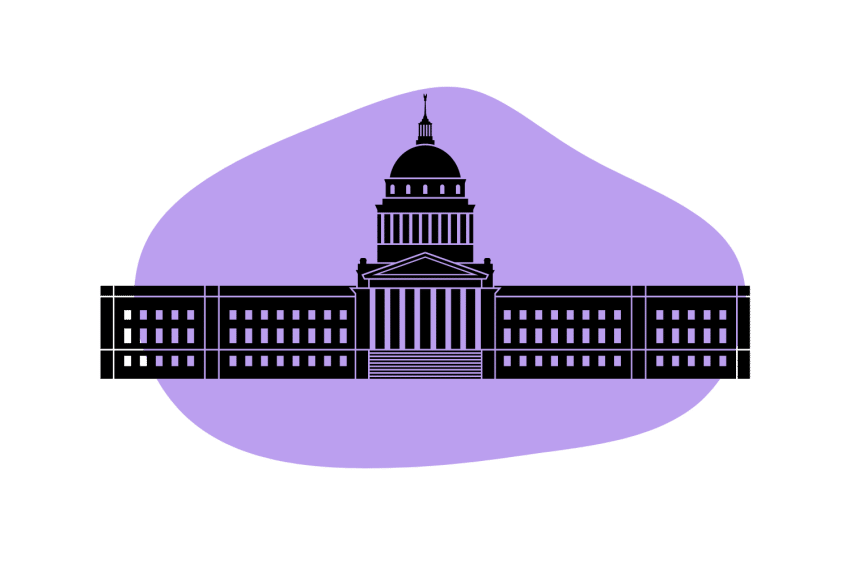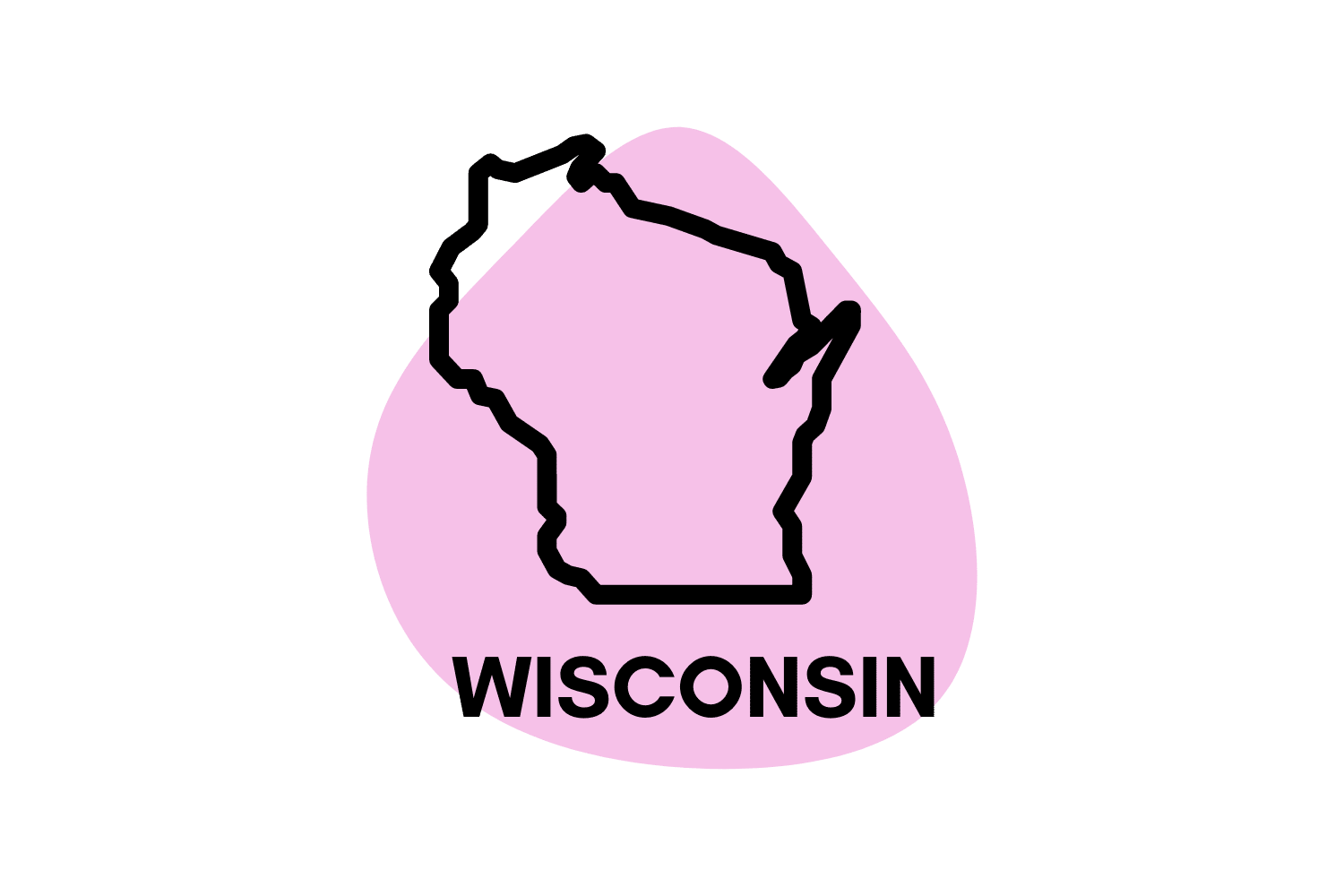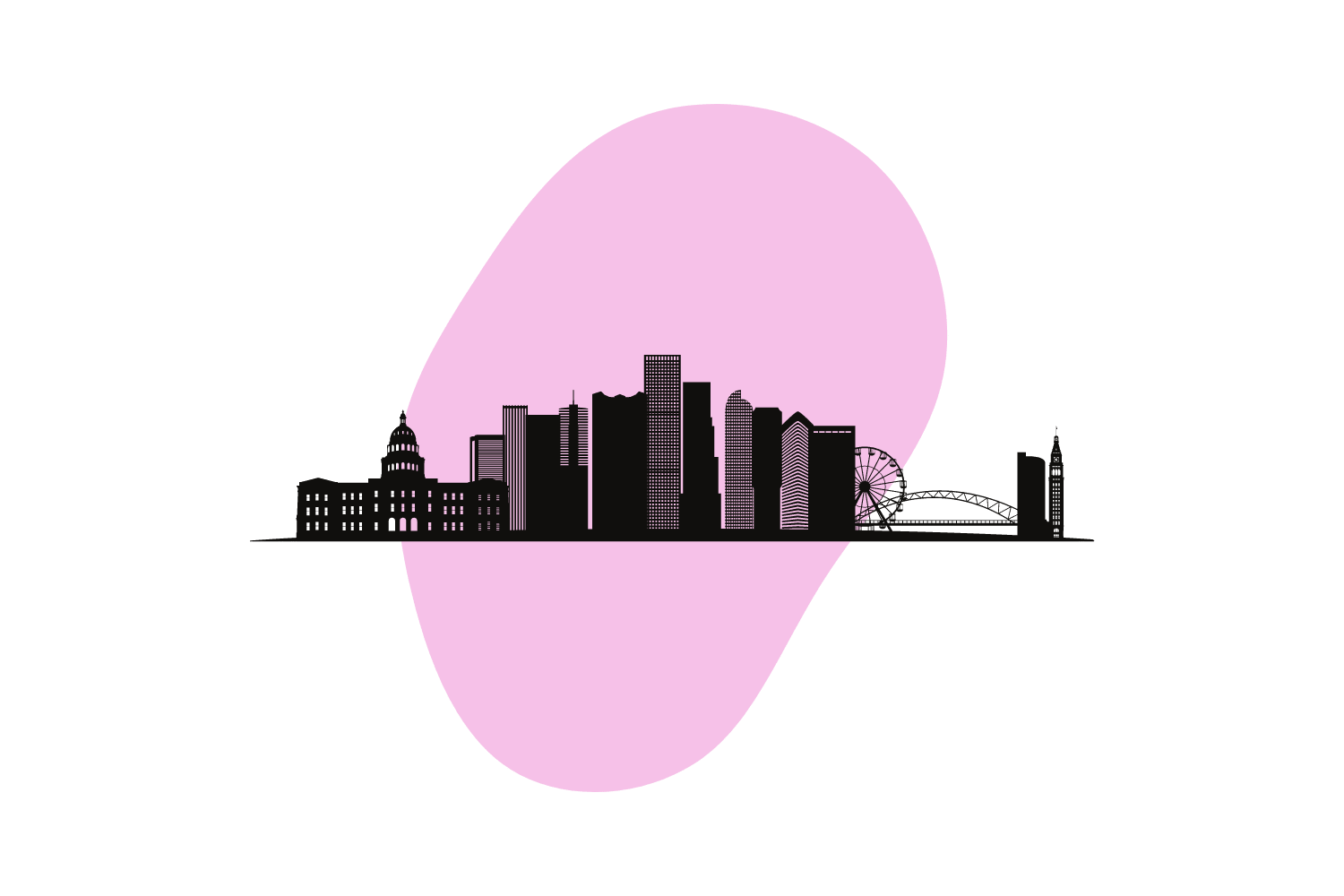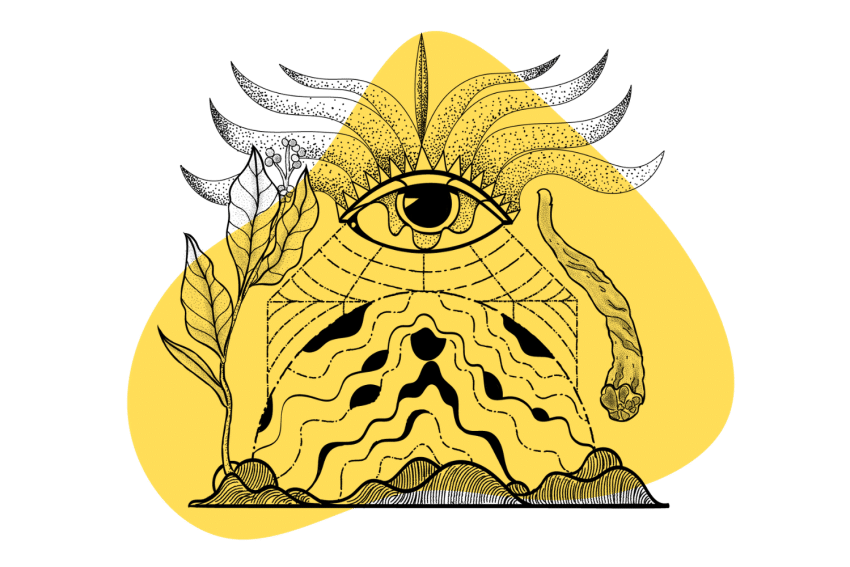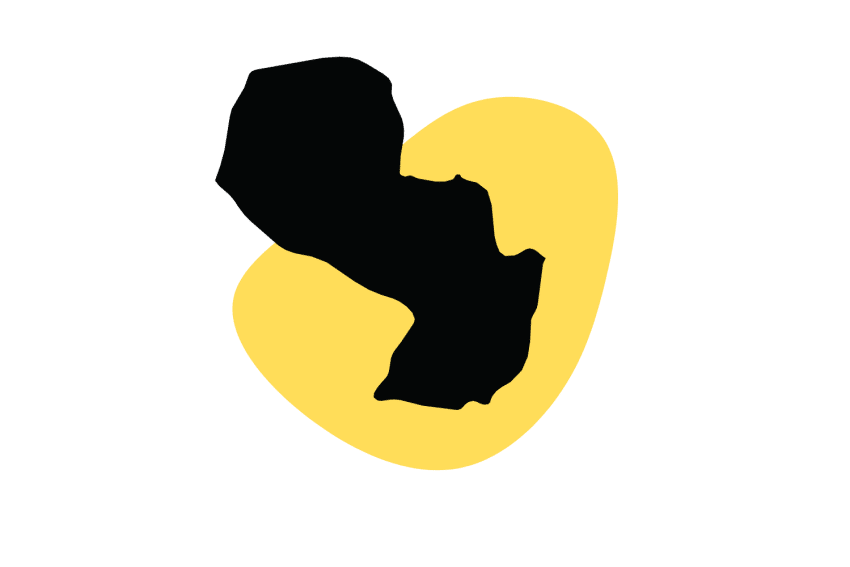What Is the Situation of Psychedelics in Belize?
Belize decriminalized the use of up to 10 g of cannabis in a private residence. All other drugs — like psychedelics and amphetamines — are still highly illegal.
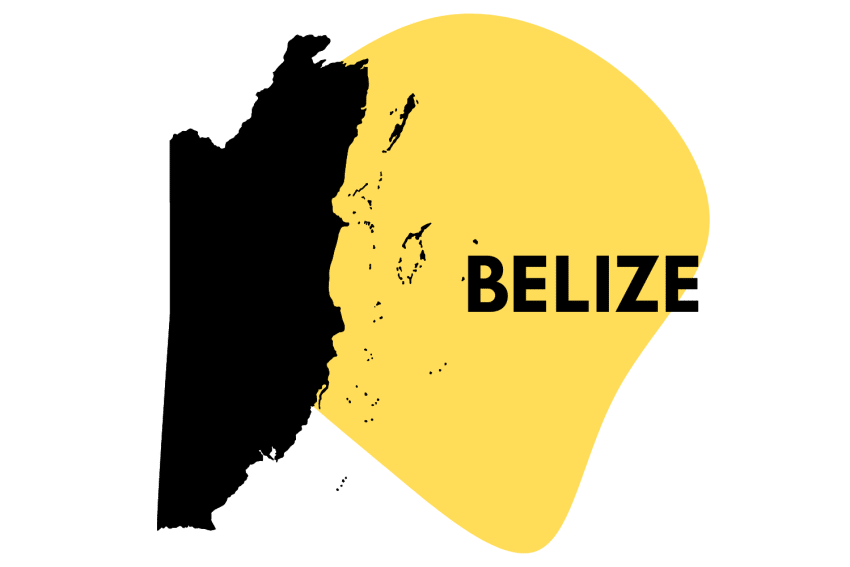
Bordered by Mexico to the north and Guatemala to the west, Belize is a small country in Central America. However, its culture and history have more in common with the Caribbean nations.
When it comes to Belize’s drug laws, drug users should be well aware the recent wave of decriminalization and drug reform in Latin America has not yet reached the country.
Indeed, Belize still criminalizes the possession and consumption of psychedelics, as well as cocaine, opium, heroin, and other substances.
There have been certain steps toward reform, though. In this sense, the most heartening advance was in October 2017 when the government of Belize amended the Misuse of Drugs Act to decriminalize the use and possession of up to 10 grams of cannabis while on private premises.
At the moment, pro-drug reform figures such as the current prime minister, John Briceño, and Lisa Shoman, a former senator, are still pushing for the move towards legalization of personal and medical use for cannabis. However, when it comes to psychedelics, the picture is still quite bleak.
Summary of Psychedelic Drug Laws in Belize
- Cannabis — Belize decriminalized the use and possession of up to 10 g of cannabis on private premises. Using cannabis in public spaces remains illegal, as does cultivation and commercialization.
- Psilocybin, mescaline, LSD, DMT, and PCP — all appear in the Misuse of Drugs Act as Class A drugs, the most severe category. Penalties may reach up to “5 years or $150,000 or both.”
Additionally, here are the multilateral conventions on drugs to which Belize is a party:
- Single Convention on Narcotic Drugs of 1961
- Protocol Amending the Single Convention on Narcotic Drugs
- Convention on Psychotropic Substances (1971)
- United Nations Conventions against Illicit Traffic in Narcotic Drugs and Psychotropic Substances of 1988
- Misuse of Drugs Act Revised Edition (2000)
Are Magic Mushrooms Legal in Belize?
Magic mushrooms and all other psychedelic drugs are illegal in Belize.
According to the Misuse of Drugs Act, psilocybin-containing mushrooms are classified as a Class A drug. This means possession of just a few magic mushrooms could technically result in a 5-year prison sentence — however, convictions here are rare.
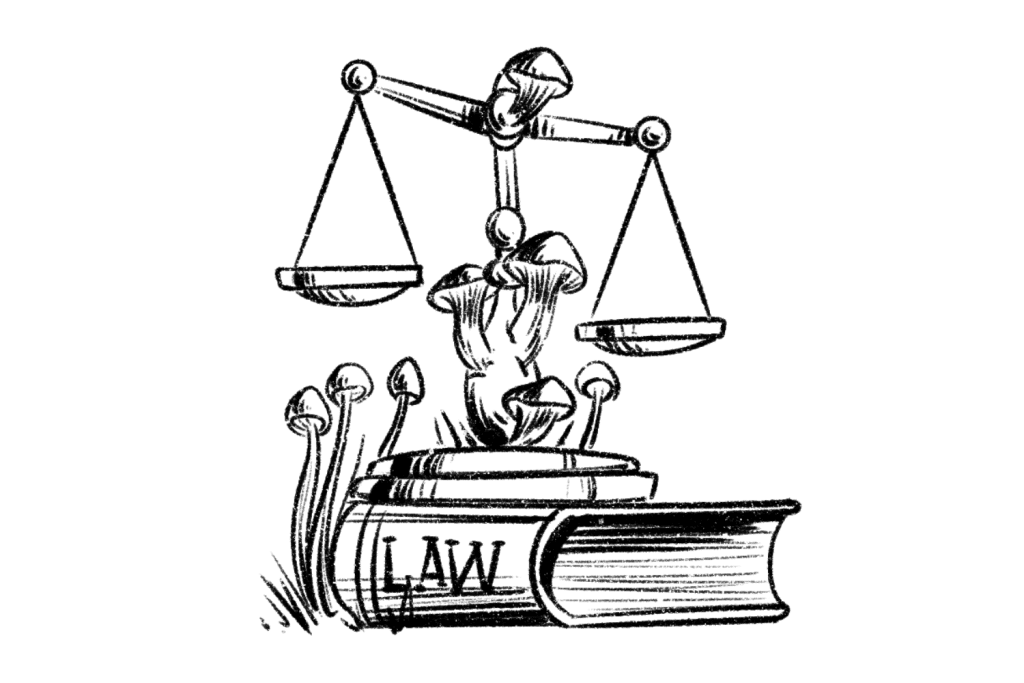
Magic mushrooms are abundant in the wild in Belize, and there are small retreat centers in operation here that administer sacred plant medicines such as magic mushrooms and ayahuasca. These are illegal here, so caution is advised if planning to travel to Belize for this reason.
Is LSD Legal in Belize?
No. Lysergic acid diethylamide (LSD) is not legal in Belize. Psychedelic drugs like LSD fall into Belize’s most severe category of illegal drugs. This means the punishment for using and/or possessing LSD in Belize can be quite severe ($150,000 or 5 years in prison).
Is DMT Legal in Belize?
Dimethyltryptamine (DMT) is not legal in Belize.
The region’s most common form of DMT is ayahuasca — for which several retreat centers here administer ayahuasca. However, it’s important to remember that even in this traditional plant medicine form, Belize’s stance on DMT is that it’s illegal and punishable with up to 5 years in prison.
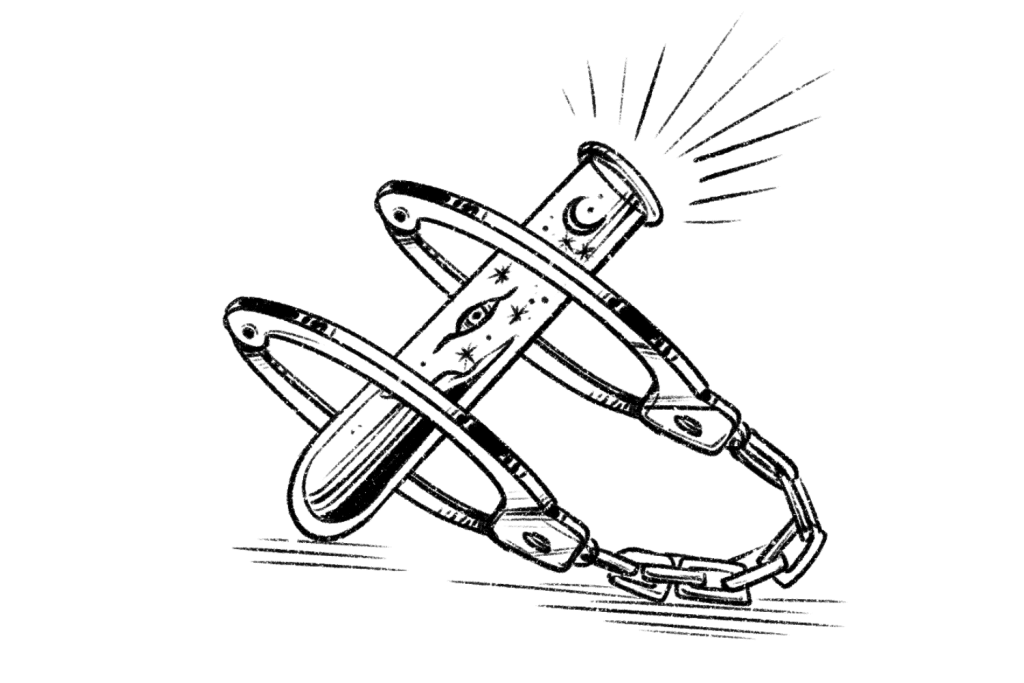
It’s very rare for anybody to go to prison for using ayahuasca in Belize, but the law remains valid today.
Is MDMA Legal in Belize?
No, 3,4-Methylenedioxymethamphetamine (MDMA) is highly illegal in Belize.
Much like the other psychedelics we’ve covered here, MDMA is considered a Class A drug which carries the most severe level of punishment. MDMA clinics are becoming popular in the Western world, but this hasn’t yet reached Belize. We don’t expect to see any changes in these laws in the near future.
Is Cannabis Legal in Belize?
With the exception of a few stipulations, Belize has decriminalized cannabis. This applies only to consuming cannabis in private residences, keeping public consumption of marijuana still illegal.
Additionally, the country only allows citizens to have up to 10 grams of cannabis on their person before it becomes a criminal offense.
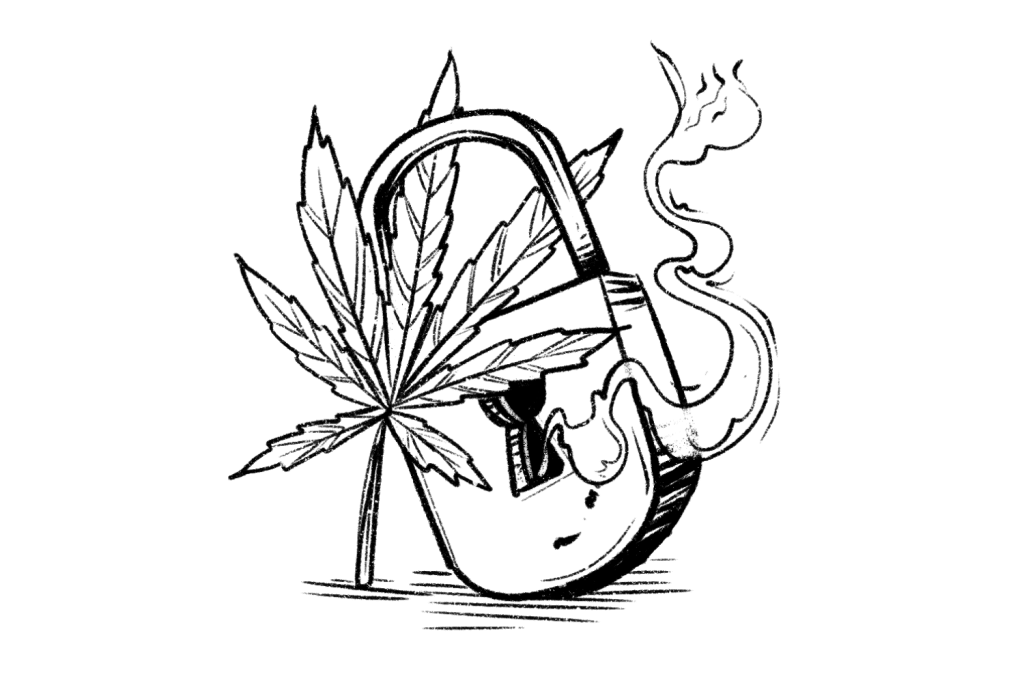
Understanding Belize’s Drug Laws
Belize is not a country you would want to get caught with illegal drugs as they have strict laws.
Their hardline approach to drugs stems largely from two factors:
- Widespread cannabis consumption among the population
- Its role as an intermediary destination for the flow of narcotics from South America to the United States
Attempting to curb these two problems in the country, Belize tries desperately to discourage drug use through prohibition. Let’s dig more into the politics of prohibition in this country.
Cannabis Use in Belize
When it comes to informal social norms, most residents of Belize tolerate cannabis. A 2019 poll conducted by the Inter-American Drug Abuse Control Commission (CICAD), an agency of the Organization of American States (OAS), found Belize ranks 5th out of 23 countries in the western hemisphere for cannabis consumption.
Just over 8 percent of the population reported consuming cannabis at least once in the past year. In order, the only countries ahead of Belize were Uruguay, the US, Chile, Canada, and Jamaica.
Drug Trafficking in Belize
Belize plays a central role in the transshipment of the international drug trade, with rampant corruption often accompanying this position. Until the 1980s, Belize was the fourth-largest exporter of cannabis to the United States, falling just behind Mexico, Colombia, and Jamaica.
However, after the Belize government — with the help of the United States — concentrated its efforts on disrupting drug production, cannabis exports fell and remained at low levels. Drugs that are easier to produce elsewhere and smuggle in (like cocaine) continue to pass through the country considerably.
Belize may also have found encouragement from the strong efforts against drug trafficking by neighboring countries like Guatemala. As neighboring nations close in on drug trafficking operations, they may move locations to seek relief.
The drug trafficking issue in Belize is prominent enough for the United States government to decide to add the country to its ‘blacklist’ of nations assisting producers and transit routes for illegal drugs.
Drug Violence In Belize
The presence of illegal drug corridors inside a country often leads to criminal gangs controlling them. Sometimes, they’re strong enough to control the area and deter any competition, but this is not the situation in Belize.
The competition for lucrative drug corridors in Belize led to a considerable spike in violence. For instance, in 2012, Belize’s homicide rate was second in Central America, only surpassed by Honduras.
The situation, though, is still far from what’s happening in Mexico, where cartels openly engage in street battles.
A Militarized Solution
The confluence of these different factors led to a strong reaction by the Belizean government. Seeking action, they reached out to the United States to strengthen the military and gain intel on counter-drug operations.
When these international relationships develop, it can be incredibly hard for a country to break out of the established pattern and seek a new path forward, not only because of the implicit psychological reticence against backtracking but also the financial implications.
It’s unlikely Belize will see any major changes in direction regarding its stance on drugs after digging itself in so deep. It’s still possible, however, for the incremental change worldwide to start affecting their position as well.
Will Belize Ever Legalize Psychedelics?
Although reformist attitudes towards drug policy exist in Belize’s political class — seen through the recent decriminalization of marijuana — the likelihood of sweeping changes in favor of the decriminalization of psychedelics is quite scant. Years of indoctrination and false information make change difficult, and it’s often hard to see past brutal force as a solution.
If you find yourself in Belize, we would advise you to abstain from purchasing or engaging in drug use of any kind. The criminal penalties for this behavior can be severe.

